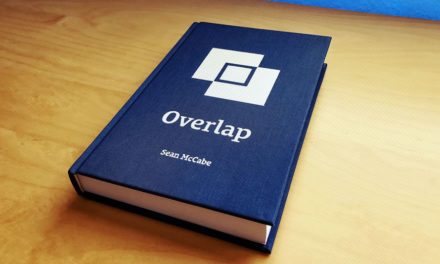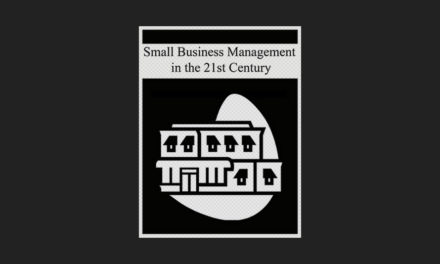
(Infographic) 7 Essential Consumer Behaviour and Psychology Theories to Grow Your Business

“A convenience store is not merely a place where customers come to buy practical necessities, it has to be somewhere they can enjoy and take pleasure in discovering things they like.”
– Sayaka Murata
– Sayaka Murata
Consumer behaviour and psychology are very important aspect in businesses. Take a look at some theories and their implementation with examples as well as some interesting mind games. Entrepreneurs need to keep psychology in mind to grow and this gives a sweet summary of everything. Understanding how people react neurologically, inter-personally, socially, and ‘spiritually’ (aspiration) helps to create a blueprint towards optimizing. And making strategies and tactics based on these details.
Consumer behavior is a lot more than just about the theories and implementing them. Many of the theories like the information-gap theory are great for getting high impressions or click-through rates, but they don’t do much for conversion. Scarcity and loss aversion are pretty good but perform better with certain products but not with others.
7 Essential Consumer Behaviour and Psychology Theories to Grow Your Business
Take a look at some theories and their implementation with examples.

01
The Reciprocity Principle
We feel obliged to give back to people who have given to us.
02
The Decoy Effect
Consumers tend to change their preference between two options when a third, less attractive option is presented.
03
The Framing Effect
We tend to react differently to a situation depending on whether we perceive the situation to be a loss or a gain.
04
Loss Aversion
Losses are intimidating and we feel the effect of loss more than gain.
05
Social Influence
We change our behaviour to be liked and be part of a social group.
06
The Scarcity Theory
We place little more value on things we believe to be rare, and lower value to things which can be easily accessed.
07
Information Gap Theory
If something interests us, we tend to find out more about it.
Free Ebooks
A site that brings both authors and readers into the world of free legal ebooks.
Bookworm Videos
Watch videos about books, reading and writing. Expect weird, amazing, never known before facts and many more.








